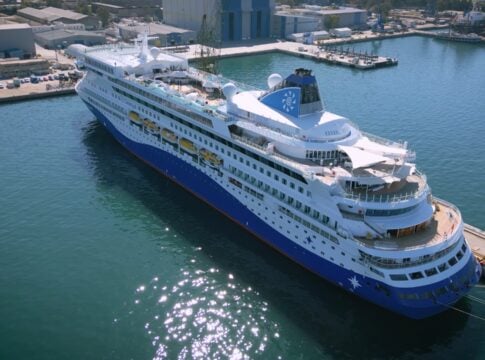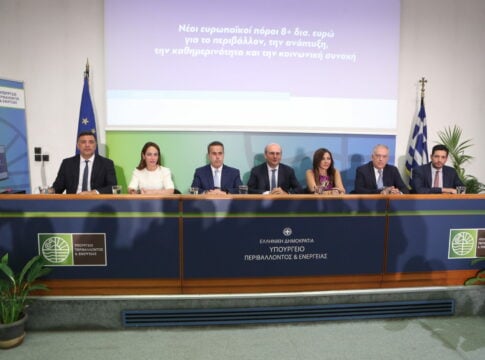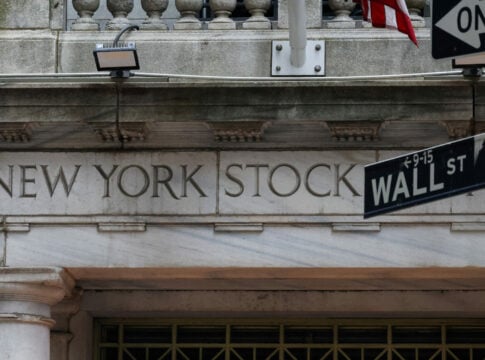Olive oil has become a luxury item in EU countries. In the last year its price has increased by 69% in Portugal, 67% in Greece and 63% in Spain, which are also producing countries. Along with high energy and fuel prices that have increased production costs, the significantly poor harvest of the 2022/2023 season is responsible for the price explosion.
In the world’s biggest producer, Spain, yields more than halved – while things didn’t fare much better in Italy and Greece.
The olive growers have understood what the climate crisis now means. Mild winters instead of cold, temperatures that were too high just at the time of flowering and with very little rain later, made it difficult for the trees to bear fruit.
At the same time, cocoa prices have also risen by around 60% this month alone, and have already more than doubled this year. In early April, the price for a ton of raw cocoa reached 10,000 dollars.
But prices for oranges imported into the EU also rose by up to 89% last year.
Climate change and extreme weather conditions have a negative impact on the orange industry. According to the findings of a US study from 2022, global warming makes oranges more susceptible to disease and of poorer quality.
Impact on inflation
A joint study by the Potsdam Institute for Climate Impact Research (PIK) and the European Central Bank (ECB) showed that higher average temperatures could increase food inflation in the eurozone by up to 3.2 percentage points a year and general inflation by up to 1.18 points every year until 2035. This makes climate change “an important economic driver of price stability,” Niklas Höhne, founder of the New Climate Institute, stressed.
“There is no stable future”
Retailers and producers have no choice but to prepare for the consequences of the climate crisis, the European Environment Agency warned. Europe must take urgent and additional measures to prepare for “catastrophic” consequences of climate change, according to the EEA. “Producers have to adapt to this situation, that’s the only way to minimize the risks.”
But the farmers fear that “there is no longer a stable future for anyone.” Experts cannot rule out the possibility that staple foods will also be affected by sharp price increases and shortages in the near future.














